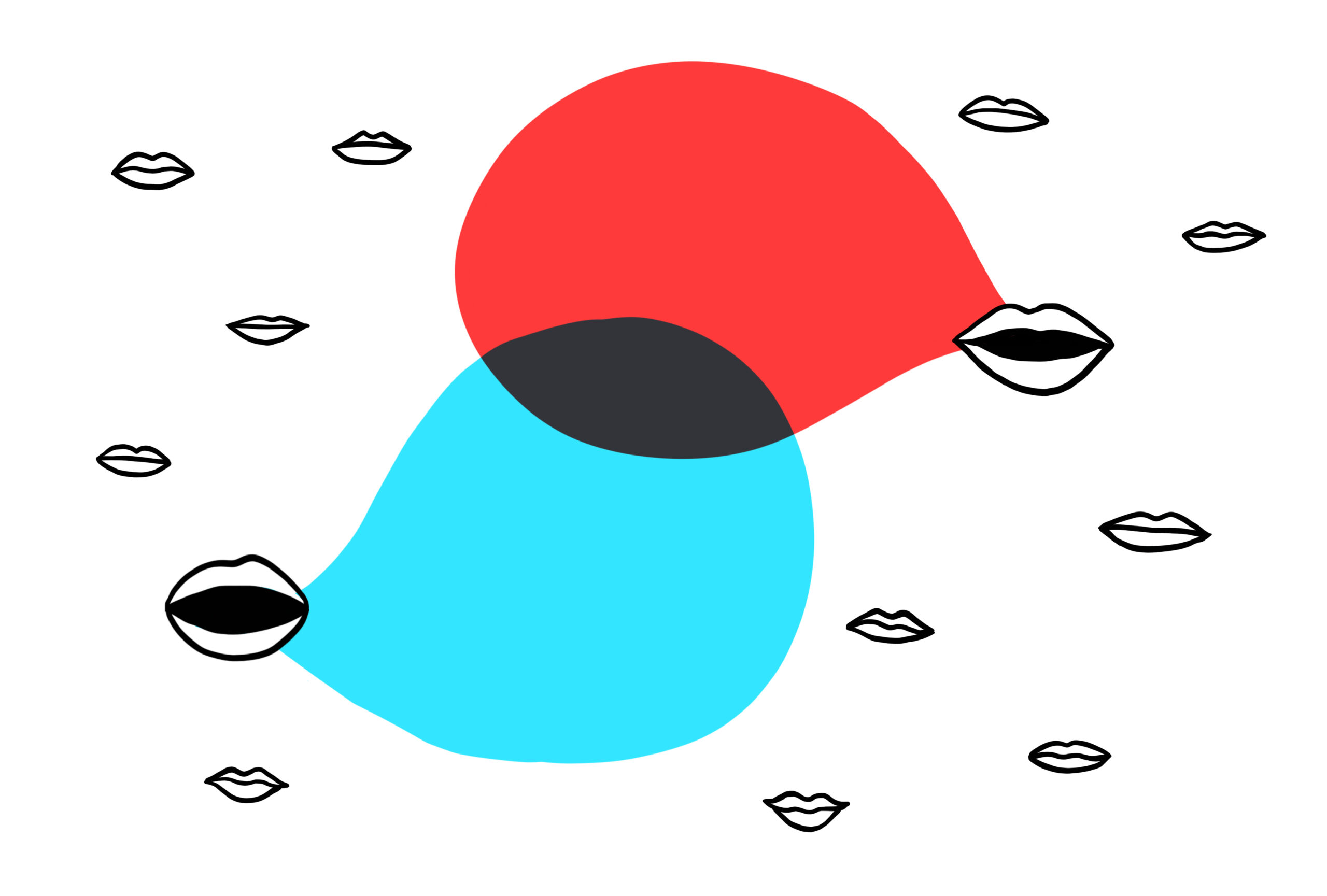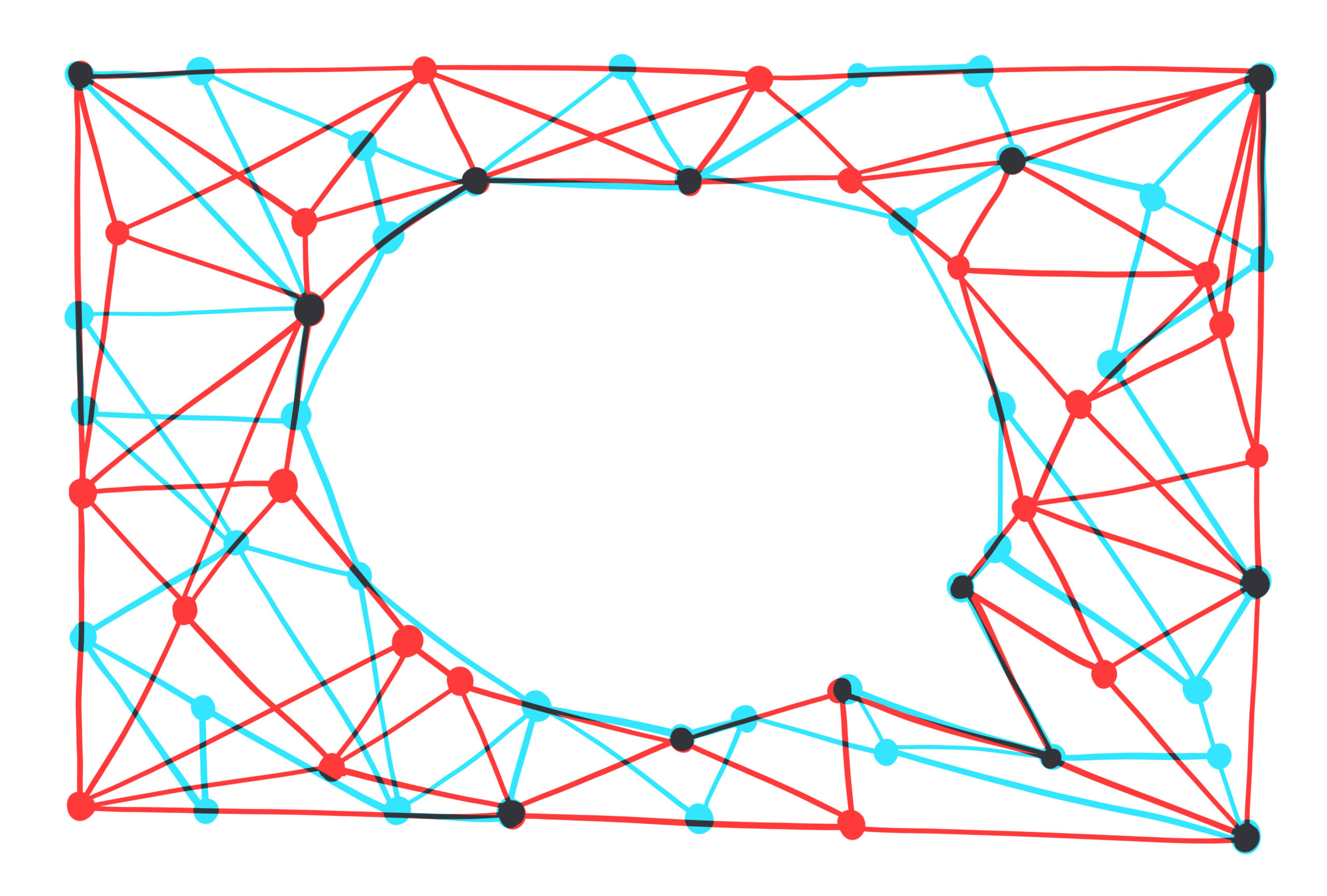Chelsey B. Coombs
Former Engagement Editor
From this contributor
Community Newsletter: Making MRIs more comfortable for autistic people, long-term potentiation and learning
Twitter is talking about a review of how to make autistic people more comfortable during magnetic resonance imaging scans, and a study that upends a popular idea about learning — namely, that it requires long-term potentiation of synapses.

Community Newsletter: Making MRIs more comfortable for autistic people, long-term potentiation and learning
Community Newsletter: Post-traumatic stress in older autistic people, Michael Rutter’s legacy
In this week’s Community Newsletter, we look at conversations around a study of trauma and autism traits in older adults, and an editorial that looks back at late child psychiatrist Sir Michael Rutter’s contributions to the field.

Community Newsletter: Post-traumatic stress in older autistic people, Michael Rutter’s legacy
Community Newsletter: How bias affects clinician attitudes on caregiver coaching
In this week’s Community Newsletter, we look at a study on clinician bias toward marginalized groups and how it affects early intervention, and why accurate demographic information is so important.

Community Newsletter: How bias affects clinician attitudes on caregiver coaching
Community Newsletter: Which came first, the diet or the gut microbiota?
In this week’s Community Newsletter, we look at discussions about the relationship between autism and the gut microbiome, plus a new single-cell chromatin remodeling atlas.

Community Newsletter: Which came first, the diet or the gut microbiota?
Community Newsletter: Autistic researcher strengths, challenging the medical research model
In this week’s Community Newsletter, we dive into two studies that look at how the autism research paradigm could become more inclusive.

Community Newsletter: Autistic researcher strengths, challenging the medical research model
Explore more from The Transmitter
Lack of reviewers threatens robustness of neuroscience literature
Simple math suggests that small groups of scientists can significantly bias peer review.

Lack of reviewers threatens robustness of neuroscience literature
Simple math suggests that small groups of scientists can significantly bias peer review.
Dendrites help neuroscientists see the forest for the trees
Dendritic arbors provide just the right scale to study how individual neurons reciprocally interact with their broader circuitry—and are our best bet to bridge cellular and systems neuroscience.

Dendrites help neuroscientists see the forest for the trees
Dendritic arbors provide just the right scale to study how individual neurons reciprocally interact with their broader circuitry—and are our best bet to bridge cellular and systems neuroscience.
Two primate centers drop ‘primate’ from their name
The Washington and Tulane National Biomedical Research Centers—formerly called National Primate Research Centers—say they made the change to better reflect the breadth of research performed at the centers.

Two primate centers drop ‘primate’ from their name
The Washington and Tulane National Biomedical Research Centers—formerly called National Primate Research Centers—say they made the change to better reflect the breadth of research performed at the centers.